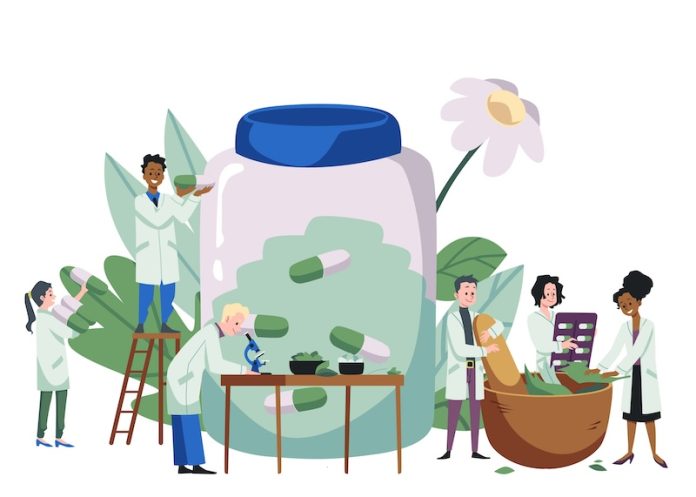
In the journey to manage blood pressure, many paths can lead to a healthier heart and a longer life. Beyond the usual methods of medication, diet, and exercise, there’s growing interest in natural supplements.
These are not just old wives’ tales; they have scientific backing to show they can help keep blood pressure in check.
Blood pressure measures the force of blood pushing against the walls of your arteries. High blood pressure, or hypertension, means this force is consistently too high, which can damage the arteries and lead to serious health problems like heart disease and stroke.
It’s a silent threat that often comes without warning signs, making prevention and early management crucial.
The world of supplements offers a variety of options that have shown promise in supporting blood pressure health. Let’s take a closer look at some of the natural allies in the fight against high blood pressure, backed by research and clinical trials.
Magnesium: This mineral plays a crucial role in various bodily functions, including blood pressure regulation. Studies suggest that magnesium supplements can lower blood pressure, especially in individuals who already have high levels or do not consume enough magnesium in their diet.
Potassium: Potassium helps balance the amount of sodium in your cells, and too much sodium is a known factor in high blood pressure. By eating foods high in potassium or taking supplements, you can help your body maintain a healthy blood pressure level.
Research supports the idea that increasing potassium intake, through diet or supplements, can lower blood pressure in people with hypertension.
Omega-3 Fatty Acids: Found abundantly in fish oil, omega-3s are champions for heart health. They’ve been linked to a plethora of benefits, including reducing blood pressure.
Clinical trials have demonstrated that omega-3 supplements can lead to modest reductions in blood pressure, especially for those with high levels or those at risk of heart diseases.
Garlic: This culinary staple is not just for flavor. Garlic supplements have been shown to have a beneficial effect on blood pressure, with some studies suggesting they can lower blood pressure as effectively as certain prescription medications.
Garlic appears to stimulate nitric oxide production in the body, which helps relax blood vessels.
Hibiscus Tea: Sipping on this tart tea might do more than please your taste buds. Research indicates that hibiscus tea can lower systolic blood pressure—the top number in a blood pressure reading.
It’s thought that the phytochemicals in hibiscus work similarly to some blood pressure medications by keeping blood vessels relaxed.
Coenzyme Q10 (CoQ10): CoQ10 is a substance that helps convert food into energy and acts as a powerful antioxidant. Studies have suggested that CoQ10 supplements can lower blood pressure, potentially by helping blood vessels relax.
It’s essential to approach the use of supplements with care. While they can offer benefits, they’re not a substitute for prescribed medication or healthy lifestyle choices.
Always consult with a healthcare provider before starting any new supplement, especially if you’re already taking medications, to avoid any unwanted interactions.
In the quest for better blood pressure control, supplements can be valuable allies. By understanding the evidence behind them and using them wisely, they can complement traditional treatments and lifestyle changes, paving the way to a healthier heart and a longer, happier life.
If you care about blood pressure, please read studies about how diets could help lower high blood pressure, and 3 grams of omega-3s a day keep high blood pressure at bay.
For more information about nutrition, please see recent studies about how tea and coffee influence your risk of high blood pressure, and results showing this olive oil could reduce blood pressure in healthy people.
Copyright © 2024 Knowridge Science Report. All rights reserved.



